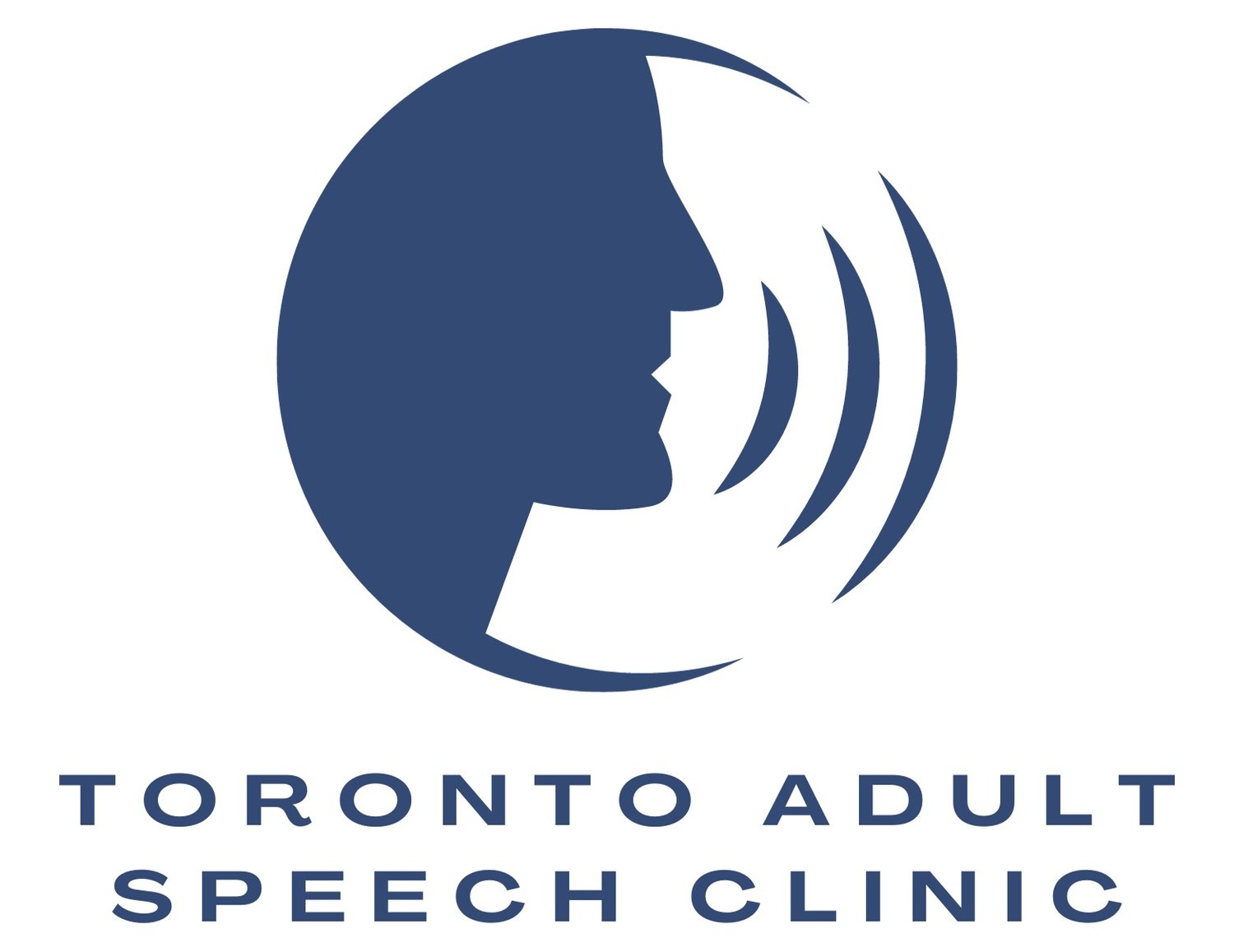Stroke and Neurological Rehabilitation
Acquired Brain Injury (or ABI) refers to damage to the brain that has been caused by physical trauma (blunt force, car accident, etc.) or from internal trauma (stroke, hemorrhage, infarct, aneurysm, etc.). A speech-language pathologist can help in the rehabilitation of your communication and/or your swallowing following an ABI.
Communication Assessment and Treatment at TASC
The brain performs many functions related to communication including our speech, our understanding, our reading, writing, memory, attention, to name a few. All of these areas can be impacted by an ABI.
Possible areas of communication impacted by an ABI are:
- initiating speech (apraxia)
- word-finding (anomia)
- understanding of language (receptive aphasia)
- fluency of speech (expressive aphasia/neurogenic stuttering)
- clarity of speech (dysarthria)
- reading (alexia/dyslexia)
- writing (agraphia/dysgraphia)
- vocal fatigue/hoarseness/weakness
- memory
- attention
- verbal reasoning
- auditory processing
If you have had a brain injury, a speech-language pathologist can sit down with you to discuss possible assessment and treatment options depending on your recovery goals. There is a chance that you have received speech therapy for an ABI while in the hospital, and if that is the case, we can pick up where your speech therapist left off in therapy or start fresh.
Your treatment- Your choice.
At TASC we believe in reviewing your expectations and establishing functional goals to help you communicate in your day-to-day life. While we recognize the importance of starting therapy as soon as possible for both functional and financial reasons, it is likely that your speech-language pathologist would perform a brief assessment to determine the nature of deficits and make appropriate recommendations for treatment. In addition, At TASC, we are well-trained and equipped to perform complete standardized assessments of your communication needs and provide a report (sometimes required by lawyers or insurance companies).
For more information on receiving a full communication assessment, or to book an initial consultation to get started working towards your rehabilitation and communication goals visit our Contact page.
Swallowing Assessment and Treatment at TASC
Another area that may be impacted by a stroke, traumatic brain injury, or other neurological trauma is the ability of a person to swallow their food and drink. In the hospital, it is possible that assessment and treatment was conducted by a speech-language pathologist shortly after an incident. In many cases, any swallowing concerns resolve during a patient's time in the hospital. In some cases however, swallowing issues continue and can negatively impact a person's quality of life and even lead to other health concerns such as aspiration pneumonia if not addressed.
If you are experiencing any of the following symptoms when eating or drinking, a speech-language pathologist might be able to help.
- Sensation of food getting stuck in the mouth or throat
- Chronic coughing
- Persistent coughing or choking when swallowing food or drink
- Excessive throat clearing
- Sour or bad taste in the mouth (particularly in the morning)
- Difficulty with different textures, temperatures, or types of food
- Difficulty clearing food from the mouth
- Shortness of breath during eating
- Thick secretions (mucous)
Assessment by a speech-language pathologist can help to identify the specific issues with swallowing, and make recommendations for appropriate strategies or treatment. In some cases, our speech-language pathologist might recommend that you ask your family doctor for a referral to a hospital where a speech-language pathologist will conduct a videofluoroscopic (VF) study of your swallow. During this study, an x-ray will be used to "look inside" and see what is happening when you swallow. If you have had a VF study of your swallow done recently, be sure to bring any information or a report when you meet our speech-language pathologist.
Contact us today to book your initial consultation and meet with a speech-language pathologist to discuss your swallowing concerns.
